BBC News, Nottingham
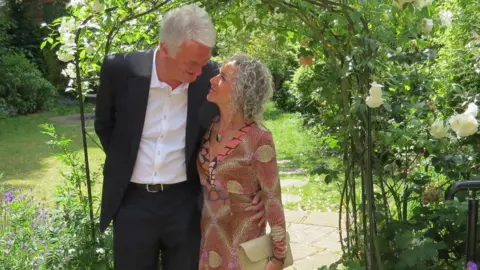 SUPPLIED
SUPPLIEDIn her final note to her husband, Beverly Sand said she needed to release him from “this nightmare”.
Peter Wilson said his wife, who had terminal oesophageal cancer, took her own life in November 2022, aged 76.
He remembers: “She was very conscious of the fact that she would gradually lose the ability to eat – it can be a horrendous death.”
Mr Wilson, 75, who has homes in London and Nottingham, supports the idea of assisted dying and says the proposed changes in law would have given his wife a more “dignified” death.
A bill which would allow terminally ill adults in England and Wales, expected to die within six months, to seek help to end their own life is currently being considered by Parliament.
The legislation passed its first stage in the House of Commons last November – but since then the details have been pored over and dozens of amendments added by both sides.
On Friday, MPs debated further potential changes, which also included preventing medical staff from raising the option of assisted dying with a patient first.
However, MPs ran out of time to vote on more changes, so further debate and voting will take place on 13 June.
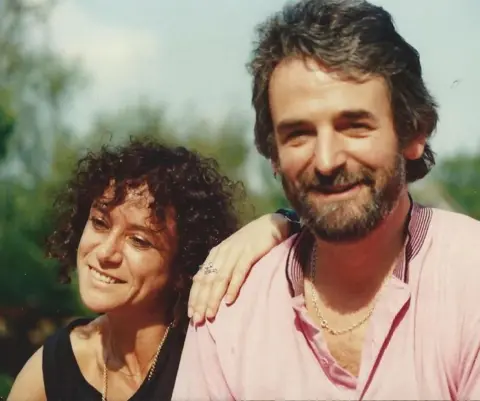 SUPPLIED
SUPPLIEDMr Wilson believes his wife died to protect him from seeing her health decline.
“[Her death] was part of her rationale to protect me from that experience,” he said.
He described how his wife began a period of chemotherapy, and it was “very debilitating”.
“She was fatigued, constantly tired. She couldn’t really do anything.
“My guess is that the potential benefits [of] a few months of extra life wasn’t worth going through the debilitating and fatigued existence she led at the time of her death.”
His wife was diagnosed with terminal cancer in August 2022 and was a month into treatment when, he says, she took her own life in November that year.
“I see [her suicide] as a very conscious choice to prioritise the quality of her life over the length of her life, and I think would be very typical of Beverly,” said Mr Wilson.
He said he had gone away for a few days to a friend’s birthday in Nottingham when she died.
“I’m still agonised by the fact she chose that time because I was away,” he said.
“Had I not gone away, then maybe her life could have, would have been longer.
“I still wonder if my absence actually shortened her life.
“I don’t blame myself, it was Beverly’s choice. She did everything she possibly could to protect me from any hint that I might be involved in her decision to take her life.
“I don’t blame her; in fact, I am absolutely in awe of her courage to carry through [her treatment].”
 SUPPLIED
SUPPLIEDUK law currently prevents people from asking for medical help to die.
The Terminally Ill Adults (End of Life) Bill, external, was introduced by Labour MP Kim Leadbeater.
Mr Wilson says he supports the bill, although he acknowledges his wife probably would not be covered by it as it stands.
“I think no two doctors would have agreed she had less than six months to live, she probably had a little over that,” he said.
“An assisted death would have extended her life, prevented her dying alone, and would have prevented me from being excluded from her decision and the process of her actually taking her life.
“She died a very undignified death.
“She died alone, and she died without any support or involvement from me. We should have been able to go through this together.”
The pair supported the assisted dying campaign through the group Dignity in Dying.
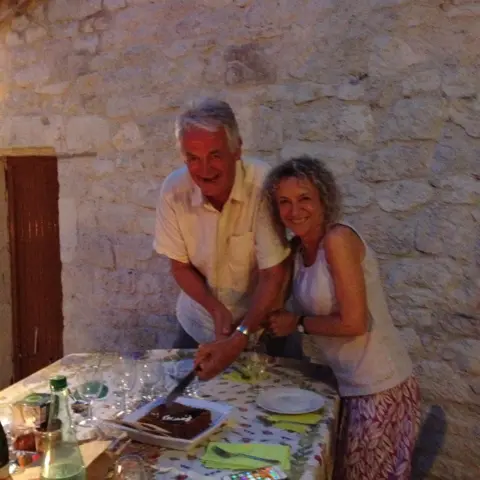 SUPPLIED
SUPPLIEDParalympian and House of Lords crossbencher Baroness Grey-Thompson is a vocal critic.
She is worried that disabled and other vulnerable people could be put under pressure to end their lives – and that doctors may struggle to make accurate six-month diagnoses.
Actor and disability-rights activist Liz Carr, who made the BBC One documentary Better Off Dead?, also opposes the legislation.
“Some of us have very real fears based on our lived experience and based on what has happened in other countries where it’s legal,” she wrote on X.
Dr Gordon Macdonald, from campaign group Care Not Killing, said the bill ignores the wider “deep-seated problems in the UK’s broken and patchy palliative care system”.
Labour MSP Pam Duncan-Glancy, the first permanent wheelchair user to be elected to Holyrood, said it could become “easier to access help to die than help to live”.
The British Medical Association, external, which represents doctors, and the Royal College of Nursing, external, are neutral on the issue.
More than 1,000 GPs responded to a BBC questionnaire on attitudes to changing the law, with about 500 saying they were opposed, and about 400 in favour.
If you’ve been affected by issues in this article, help and support is available via the BBC Action Line.

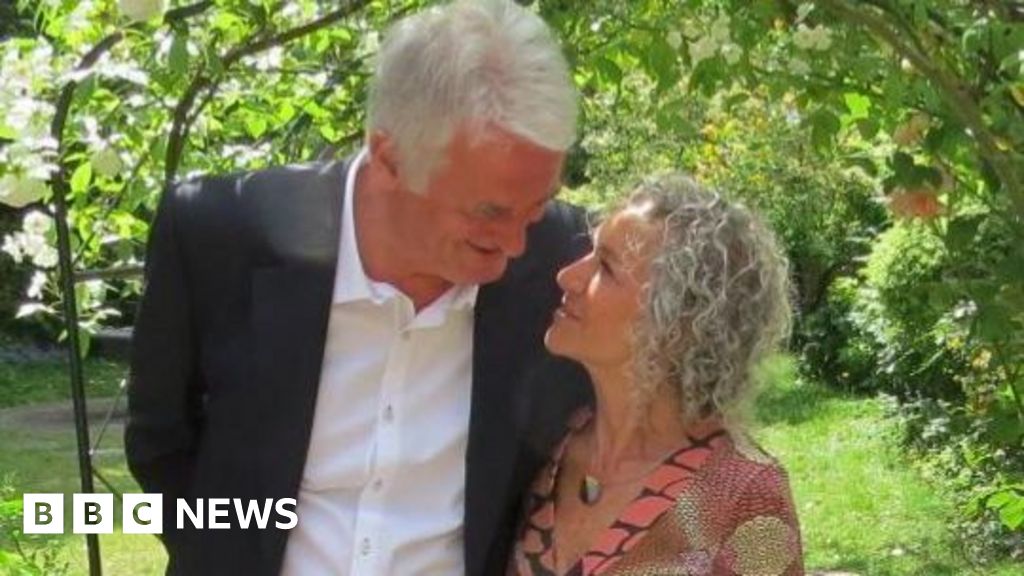





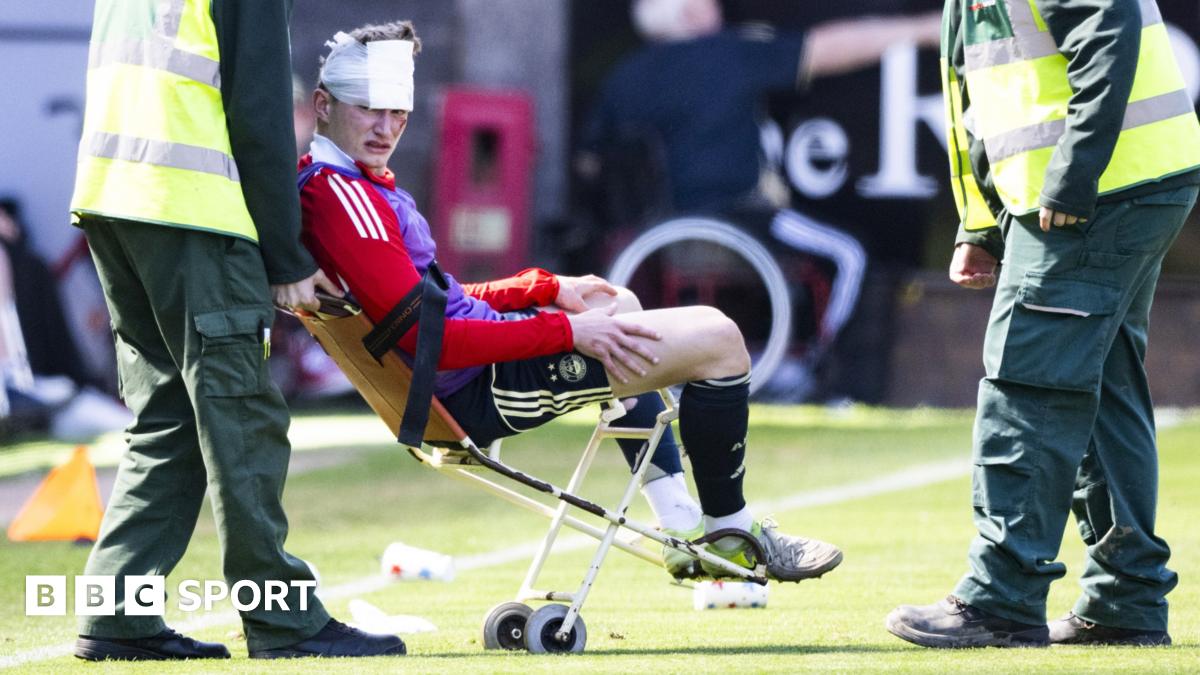
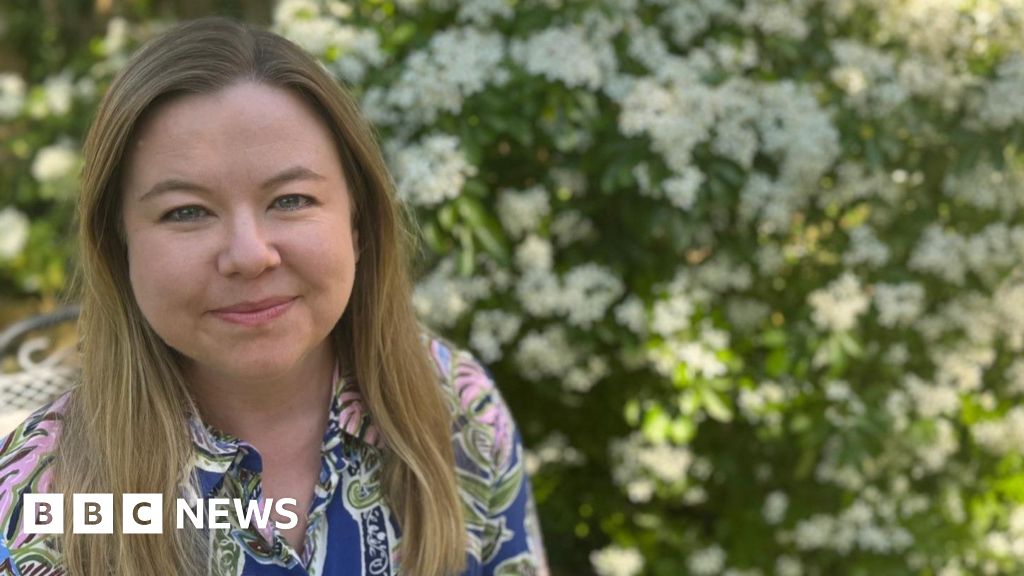



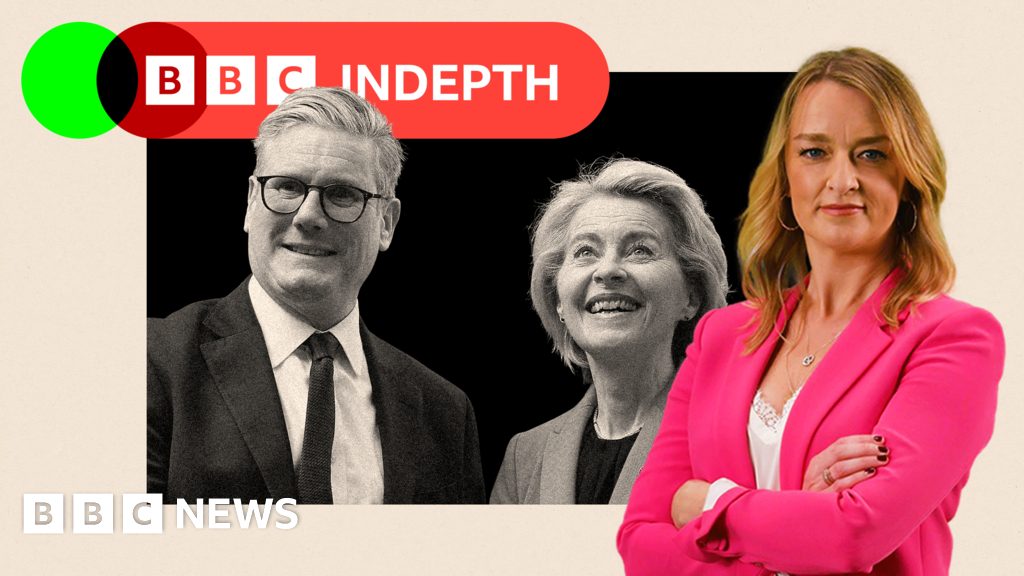




Leave a Reply